Las Vegas has emerged as a leader in water conservation. The city recycles 200 million gallons of water daily.
This effort contradicts the city’s reputation for excess. Las Vegas’s transformation highlights the possibility of sustainable practices in unlikely places.
Colorado River: Lifeline for Southwest’s Water Supply

The Colorado River provides 90% of Southern Nevada’s water. It serves 40 million people across seven states.
Nevada receives the smallest allocation due to historical agreements. The river’s volume has decreased significantly over the past 20 years due to drought.
Indoor Water Use: 100% Recycled in Vegas

All indoor water in Las Vegas is recycled. This includes water from hotels, casinos, and residences.
The recycled water flows back to Lake Mead via the Las Vegas Wash. This innovative system allows for efficient water use in a desert city.
Outdoor Water: Main Target for Conservation Efforts
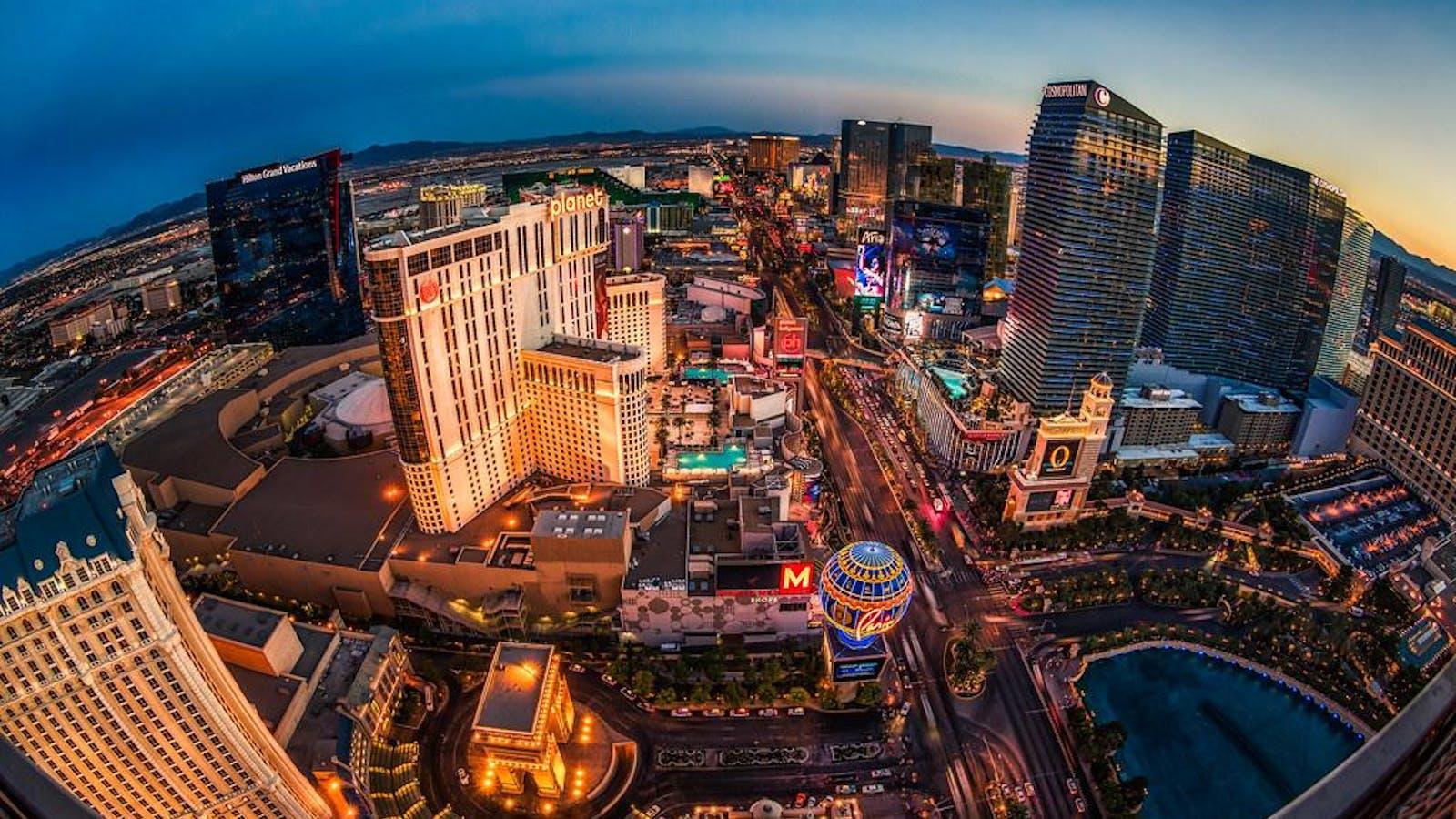
Outdoor water use accounts for 60% of allocated water. Residential areas are the primary focus for conservation.
The city offers incentives to replace grass with desert landscaping. These efforts have removed 200 million square feet of grass since 2003.
Strict Regulations: Shaping Residential Water Usage
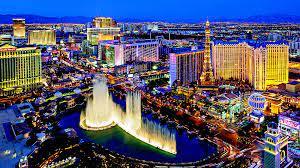
Las Vegas enforces strict water usage rules for residents. These include assigned watering days and car washing restrictions.
Violators face fines starting at $80, doubling for repeat offenses. These measures have significantly reduced outdoor water consumption.
Hotels and Casinos: 6% of Total Water Use
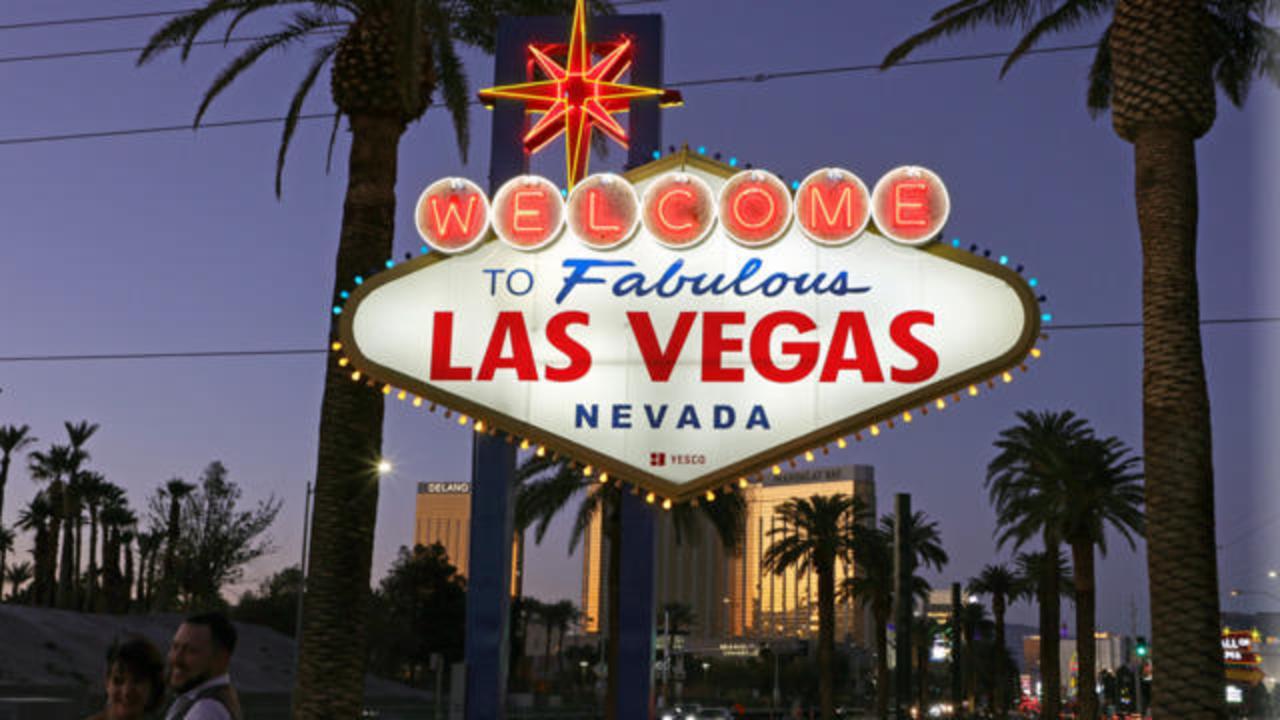
Despite appearances, hotels use only 6% of the community’s water. Most hotel water use occurs indoors and is recycled.
The city works with hotels to retrofit cooling systems for efficiency. This collaboration demonstrates the balance between tourism and conservation.
Economic Engine: Tourism’s Role in Water Policy
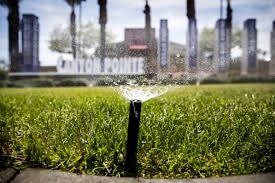
Tourism generated $90 billion for Nevada in 2022. This economic impact influences water allocation decisions.
Hotels are allowed some leeway in water use. The city views this as a trade-off for economic benefits.
Innovative Solutions: Addressing Unique Desert Challenges
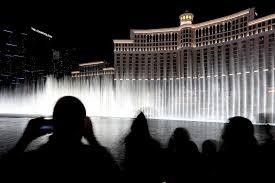
Las Vegas’s bowl-shaped geography aids in water recycling. The city incentivizes commercial car washes to conserve water.
Developers must submit water usage plans before obtaining permits. These solutions address the unique challenges of desert living.
Public Response: Mixed Reactions to Conservation Measures
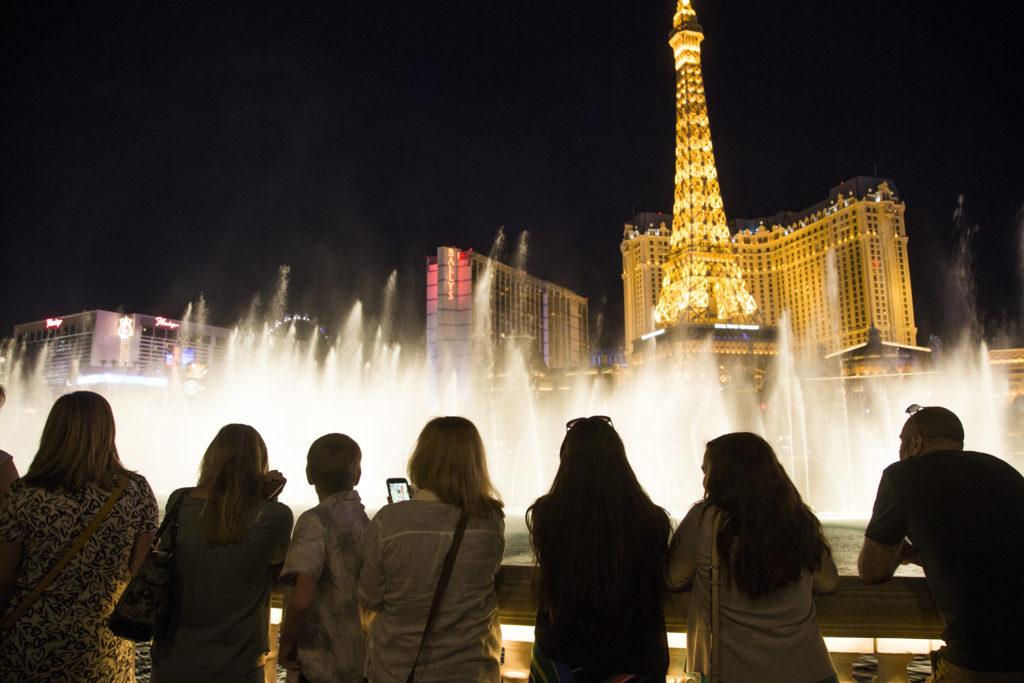
Residents generally support conservation efforts due to visible drought effects. Some wealthy individuals resist higher water costs for larger properties.
The city has adjusted policies in response to public feedback. This ongoing dialogue shapes Las Vegas’s water conservation strategy.
Results: Dramatic Reduction in Water Consumption
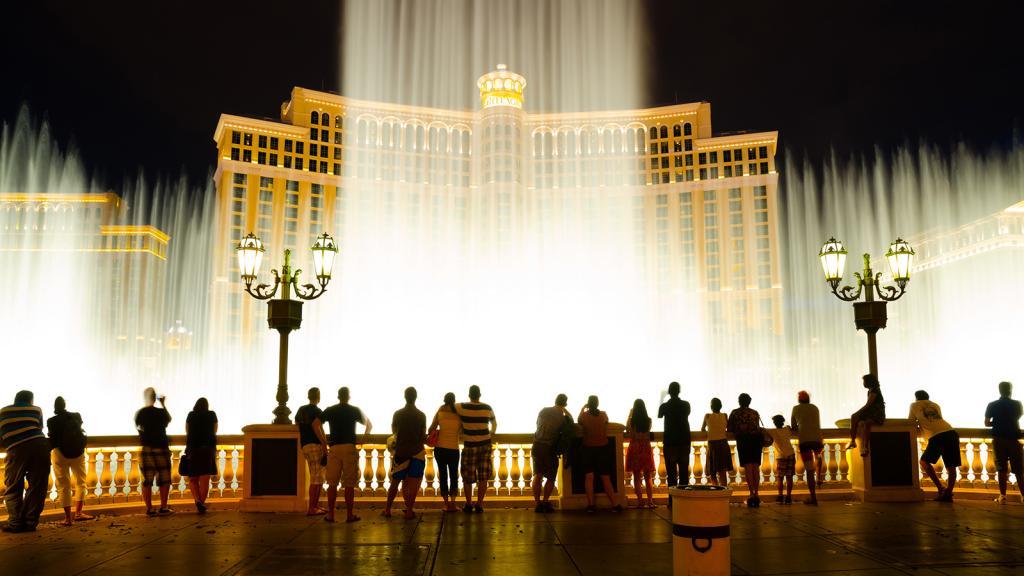
Las Vegas has reduced Colorado River water consumption by 42%. This occurred while the city’s population grew by 52%.
The city now uses 50% of its water indoors, down from 70% two decades ago. These results demonstrate the effectiveness of Las Vegas’s conservation measures.

